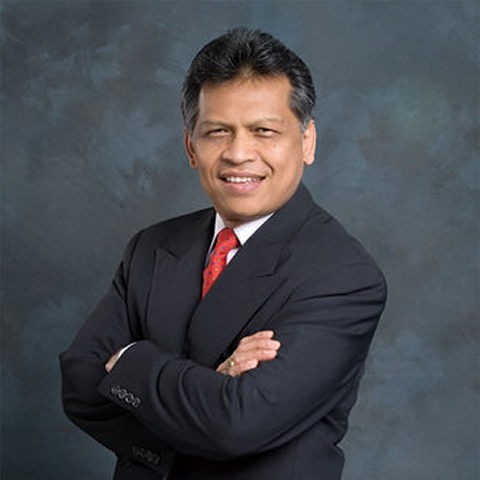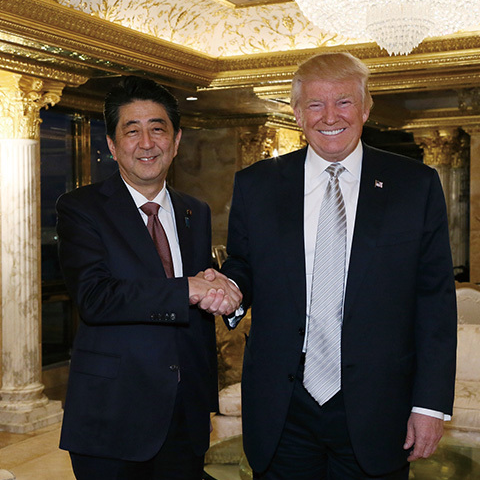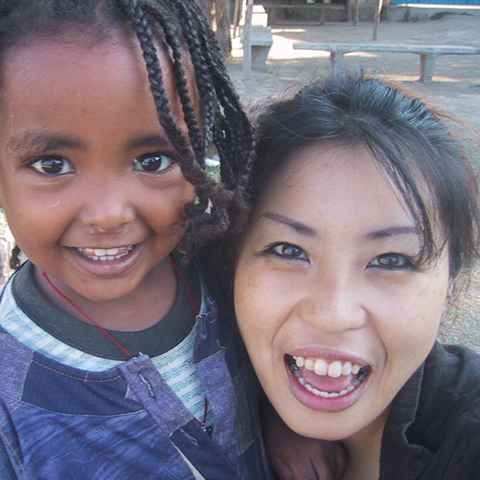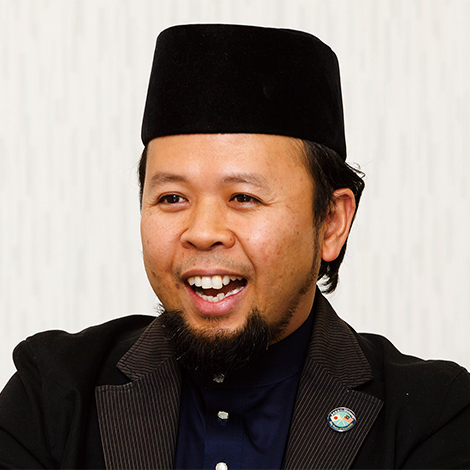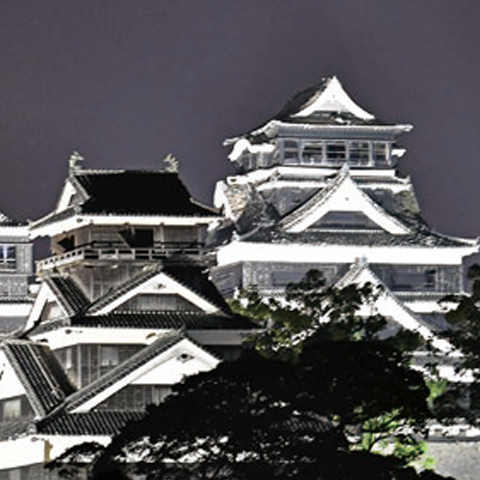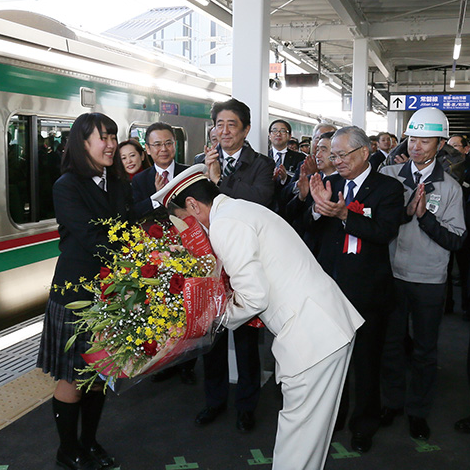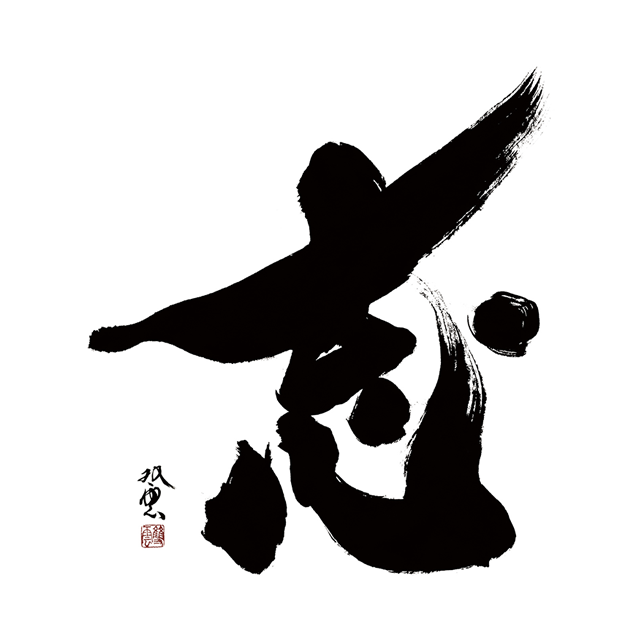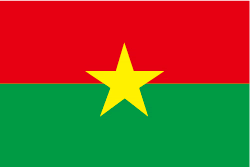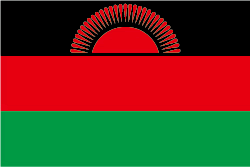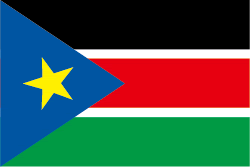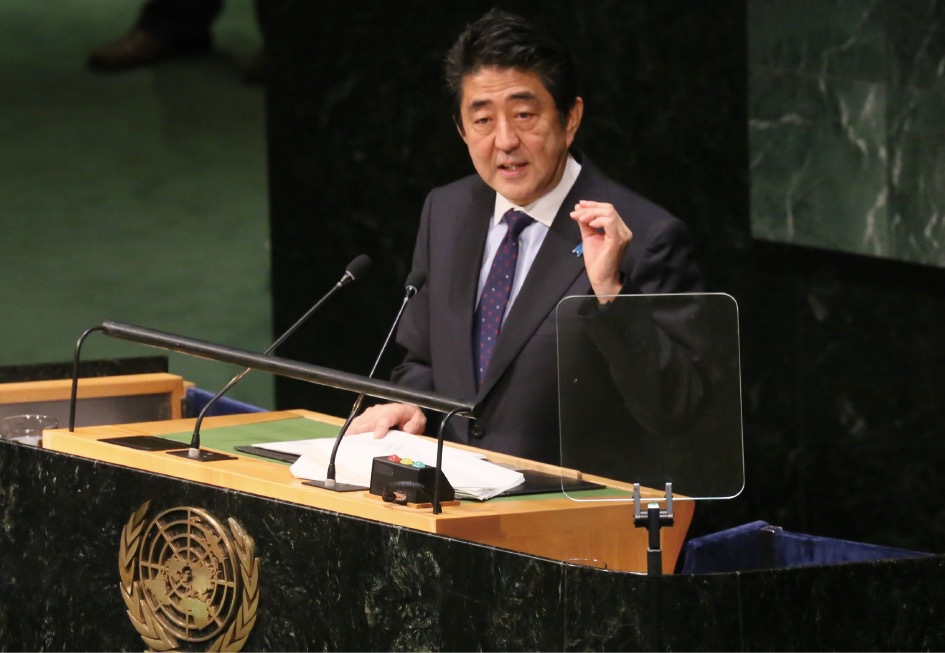Humankind faces serious unprecedented crises. Now is the time for us to stand united beneath the flag of the United Nations and confront these crises together. Japan is resolved to continue to take on great responsibility, working hand-in-hand with the international community.
The government of Japan is putting forth its best possible efforts in the fight against the Ebola virus.We have sent Japanese experts as members of WHO missions. We have also extended a total amount of 5 million dollars as financial assistance and will provide 500,000 personal protective equipment for healthcare workers. Furthermore, we pledge to extend additional assistance of a total of 40 million dollars in the future. We continue to be prepared to take any other measures, including the possibility of sharing a promising potential drug, which can be effective in the post exposure phase of Ebola.
The Middle East is in a state of unrest. In particular, Japan regards the activities of ISIL to be a serious threat to international order. What is important now is preventing extremism from taking root while also responding swiftly to the region’s humanitarian crises. Japan will implement 50 million dollars of emergency assistance right away.
Placing great importance on the stability of Ukraine, Japan announced economic assistance of up to 1.5 billion dollars, which is now being implemented. We are also preparing new assistance for the reconstruction of the eastern part of Ukraine.
Next year will be a momentous year for the United Nations. We will celebrate its 70th anniversary. We set out along its postwar path abhorring the atrocities of war that brought tragedy to innocent people both at home and in other nations, renewing its pledge towards peace. Japan’s future lies in a straight extension of our history over the past 70 years. Our pledge never to wage war is something that will be handed down and fostered by the Japanese people for generation upon generation to come.
Japan has been, is now, and will continue to be a force providing momentum for proactive contributions to peace. Moreover, I wish to state and pledge first of all that Japan is a nation that has worked to eliminate the “war culture” from people’s hearts and will spare no efforts to continue doing so. Japan and the Japanese people will continue to do our best to offer our own willingness and capacity, knowledge and experience, in order to make that a reality. First and foremost, we will continue to assist in enhancing education that will form the basis for economic growth for those who need it, from primary education to vocational training.
The banner of “Proactive Contribution to Peace” borne by the Japanese government is a flag planted atop the natural development of conviction and self-confidence that we have acquired through many years of promoting “human security,” that is, working as hard as we could for the development of a society that places people front and center. We will carry on with our work, hoping to create in time a fair and just society that places human beings front and center and a democracy that values human rights.
Seventy years ago, the United Nations proclaimed its determination, “to save succeeding generations from the scourge of war” and “practice tolerance.” It is with exactly this determination that Japan aspires to join the Security Council once more as a nonpermanent member at the election next year, marking the 70th year of the start of the UN. Over the 58 long years since Japan’s accession to the UN in 1956, Japan has worked tirelessly for the causes of the UN. We believe that our efforts have been second to none. It is my wish, with the 70th anniversary as a turning point, countries sharing the same aims all work together to finally resolve a long-standing issue to reform the UN in a way that reflects the realities of the 21st century. In that context, Japan seeks to become a permanent member of the Security Council, and take on an appropriate role that the status requires.
It was on the same occasion last year that I spoke of the significance and importance of enhancing the power of women and appealed for us to create a society in which women shine. Eliminating biases about the roles of women that still exist in society will be basic, more so than anything else. We have just held a large-scale international conference with an aim to promoting dynamic participation of women. With an eye set on economic development and the resolution of global issues, about 100 leaders from all sectors of society from around the world sent out a message to the world of their commitment to bringing the power of women to fruition. The empowerment of women has become a guiding principle that has driven Japan’s policies both domestically and overseas.
The 20th century had a history of profound harm to women’s honor and dignity when conflicts broke out. We intend to make the 21st century a world with no human rights violations against women. Japan will stand at the fore and lead the international community in eliminating sexual violence during conflicts. It is necessary for the UN and indeed the world to come together as one to take action to ensure fundamental rights such as education and health. Moreover, in order for women to lead lives full of pride and hope, I consider it essential to develop their ability to be economically self-reliant above all else.
I also stated that “Japan respects the activities of UN Women that is responsible for women’s issues within the United Nations. We intend to become one of its leading contributors and thus a model country in the area.” Over the past year, Japan increased its contributions to UN Women fivefold. We are very pleased that next year, UN Women will open its Tokyo office. I expect that Japan will further enhance its coordination with the UN through this new office.
As we draw up the post-2015 development agenda, Japan will continue to be as strongly involved as it has been up till now. However, I strongly urge that if we are to truly pursue the attainment, then it is the protection and empowerment of the vulnerable, irrespective of race, gender, or age that is important. This year Japan marks the 60th anniversary of the beginning of our ODA (Official Development Assistance). The government of Japan is now in the process of establishing new guiding principles for our ODA. We intend to emphasize once more as a priority, objectives such as high-quality economic growth, ensuring the rule of law, and realizing a peaceful and stable society. There will be no change in our deeply-rooted approach, in which the most important thing in the fight against poverty is cultivating a sense of ownership among the people concerned and encouraging self-help efforts. Nor will there be any changes in our efforts to fully ensure human security. In the future, we intend to cultivate still further our human resources in terms of both quantity and quality, to contribute to the area of peace building.
As the only country to have ever suffered the devastation of atomic bombings during wartime, Japan is prepared to lead discussions at the Review Conference of the Parties to the Treaty on the Non-Proliferation of Nuclear Weapons to be convened next year, the 70th anniversary of the atomic bombings.
With regard to North Korea, Japan will work in coordination with relevant countries towards the comprehensive resolution of outstanding issues, including abduction, nuclear, and missile issues.
Japan has been among the biggest beneficiaries of the United Nations. Going forward, we will work even harder than ever to bring about the realization of the principles that the UN has set forth. Japan is a nation that implements its pledges without fail.
Tomodachi Menu
- Top
- Previous Issues
- Topic
- Country/Region
Close

- Top
- Previous Issues
- Topic
- Country/Region
-
- Asia
-
- Pacific
-
- North America
-
- Latin America and the Caribbean
-
- Europe
-
- Middle East
-
- Africa
-
- Other Area
-
-
Tomodachi Autumn 2014
Speeches of the Prime Minister

